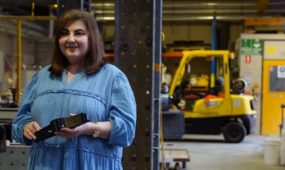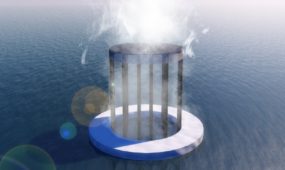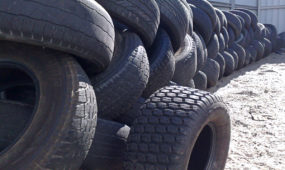Energy storage company launches bid to raise up to $50 million
Research & Development
South Australian energy storage company 1414 degrees has launched a bid to go public and raise up to A$50 million to fast track its operations.

Sign up to receive notifications about new stories in this category.
Thank you for subscribing to story notifications.
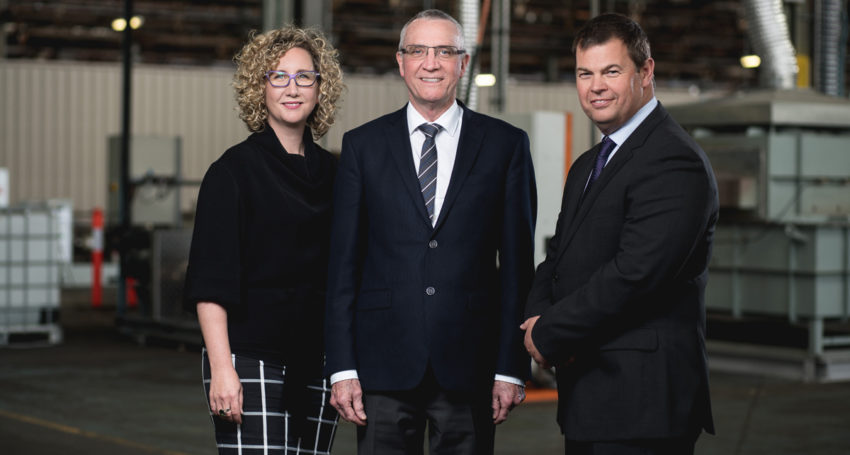
The company has spent a decade and $15 million developing its silicon storage technology and today announced it had lodged a prospectus for an Initial Public Offering (IPO) with the Australian Securities and Investments Commission (ASIC).
1414 Degrees proposes to raise a minimum of $30 million – and up to $50 million – at 35 cents per share.
To date, the Adelaide-based company has largely been funded by individuals, families and private fund managers, along with Federal and State Governments.
However, Executive Chairman Dr Kevin Moriarty said more than 8000 investors had pre-registered their interest and 1414 Degrees had reserved $20 million for those investors to “make room for all”.
“This day has been a long time coming for 1414 Degrees and its foundation investors,” Dr Moriarty said.
“In December 2016, we became an unlisted public company, and it was a critical pillar of our pre-IPO planning that we first get our products operating in commercial sites in order to establish a strong value proposition for current and prospective investors. We now have agreements to do that.”
The 1414 technology stores electricity as thermal energy by heating and melting containers full of silicon at a cost estimated to be up to 10 times cheaper than lithium batteries.
![]()
Silicon, pictured above, is the second most abundant element in the earth’s crust after oxygen. A tonne of silicon can store enough energy to power 28 houses for a day. Its high latent heat capacity and high melting temperature of 1414C – make it ideal for the storage of large amounts of energy. The process also generates large amounts of clean useable heat, which can easily be utilised for district heating or industrial purposes.
In 2017, 1414 Degrees received a Renewable Technology Fund (RTF) grant from the South Australian Government for a collaboration with SA Water, which will integrate energy generation from biogas waste with storage at the Glenelg Wastewater Treatment Plant in Adelaide’s west.
Last month it announced it would integrate its Thermal Energy Storage System into the existing operations of national poultry grower, Pepe’s Ducks in South Windsor, New South Wales.
The installation will provide Pepe’s Ducks with electricity and heat – predominantly in the form of steam.
With a nominal storage capacity of 25MWh, and coupled with a turbine energy reclaim system, the 1414 Degrees TESS-IND will significantly increase energy efficiency at the site while reducing power bills.
In April 1414 Degrees also announced it would build a pilot device for Austcor Packaging to be installed at its Wetherill Park, NSW plant.
The $3 million contract is to supply a pilot device at the corrugating plant where Austcor will also install several million dollars worth of solar panels. The energy from these will be stored in the TESS to create steam to power the plant’s corrugating machines.
“With three key projects now in place, our board and leadership team felt the time was right to take the company public in order to enlarge and diversify our equity base, and position 1414 Degrees for substantial growth in the short to medium term,” Dr Moriarty said.
“The IPO will enable us to commission three of our four key product lines in operating commercial industries and build and test a 1/15th scale cell of the TESS-GRID before proceeding with construction of a 200MWh module.
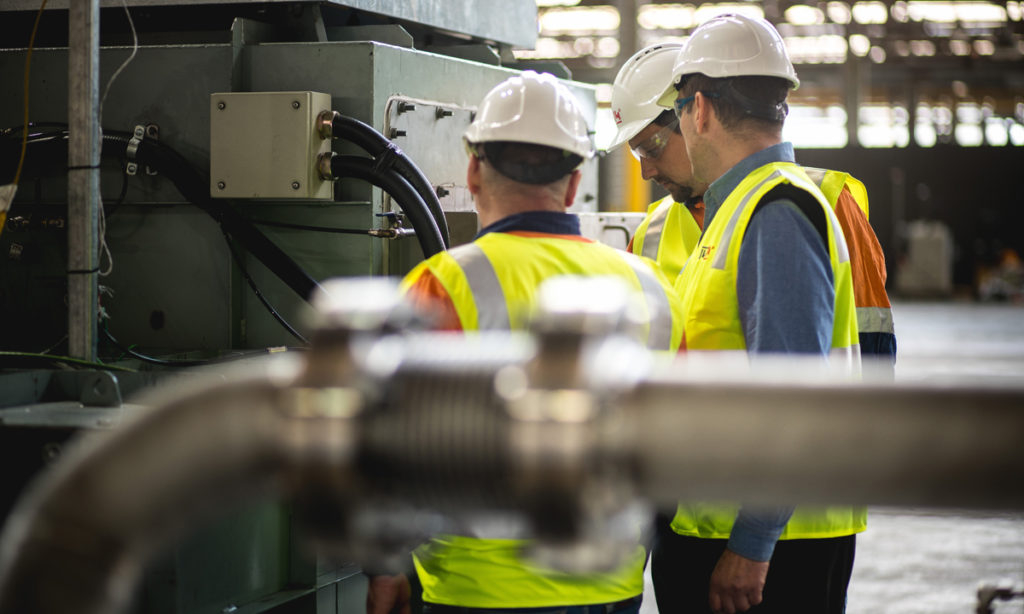
“The 200MWh TESS-GRID module will be built at a site with network connection to solar or wind generation. We have been working to identify a suitable location adjacent to the 100MW government peaking plant at the Adelaide Desalination Plant, and other sites have also been presented for consideration.
“A single TESS-GRID module will have a storage capacity of 200MWh – equivalent to approximately 400 tonnes of silicon – capable of charging at up to 40MW. It could supply up to 10MW base load electricity, plus heat over at least eight hours.”
While many customers would initially look to install 1414 Degrees products to ensure cost effective electricity storage, Dr Moriarty said there were a large number of industries that would purchase primarily for the technology’s heat generation offering.
“Our technology has the potential to revolutionise the approach of Australian and international industry to energy storage and heat generation,” he said.
“There is a huge market for our products – everything from grid scale deployment to use in factories and district heating projects.
“The IPO has come at a vital time in the evolution of 1414 Degrees. There is a sizeable gap in the market and our products have the potential to fill it. If we raise the capital needed to ensure we are first to market, we expect there to be a very strong demand.”
Jump to next article
